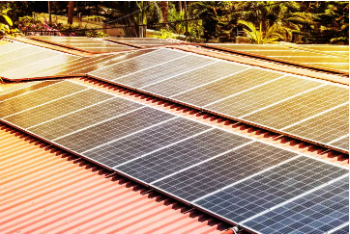

fetching latest news
News tagged in:

Italy has drawn up a series of measures to speed up the time it takes to authorise new renewable energy projects, including the creation of special areas to build them in, a draft law showed. Italy's complex approval process has slowed down the rollout of green energy schemes, threatening access to EU recovery funds and the achievement of climate targets.
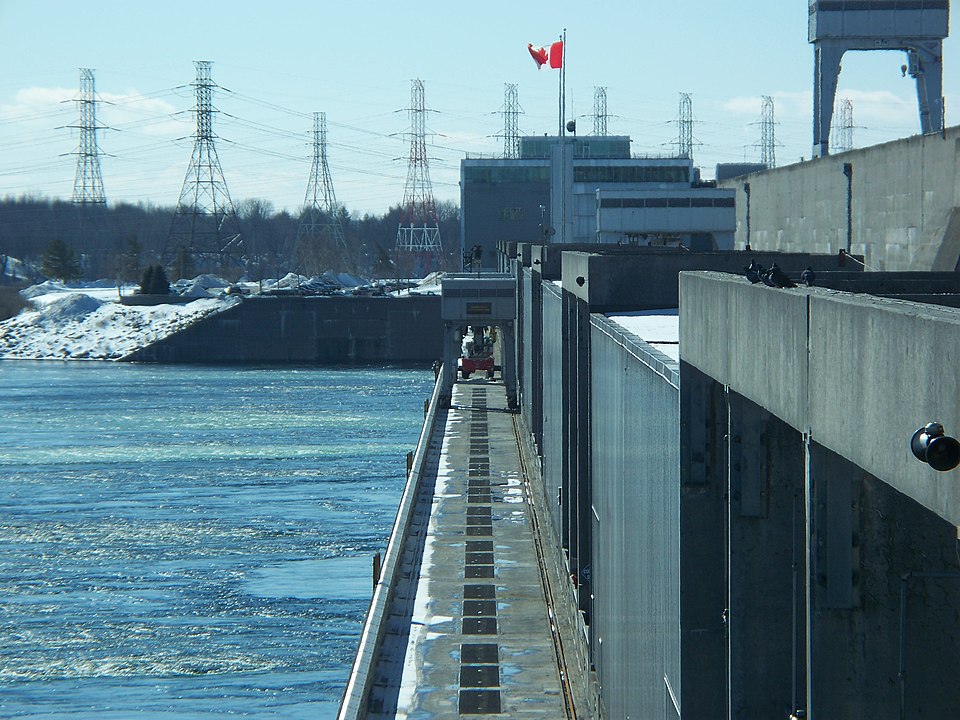
Hydroelectricity has powered the lives of Ontarians for a century, and Ontario Power Generation is planning an extensive 20-year overhaul of its hydropower generating units to ensure clean, reliable hydropower continues to support the province’s wellbeing.This refurbishment takes place every 25 to 50 years across operations in the company’s Renewable Generation division. Numerous stations are reaching the critical age for major refurbishment, OPG said.
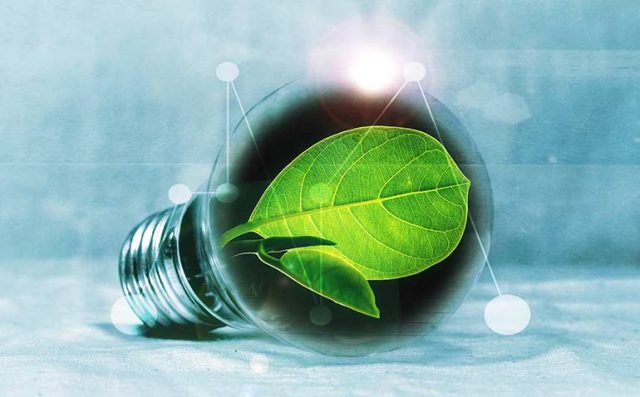
Business operations and climate change have a complicated connection. Nevertheless, this can still be resolved. “The massive developments in business have benefited people greatly, but at the same time, they have come with a price: increasing the rate of climate change,” Talal Rafi, a World Bank Global Youth Climate Network Ambassador on Climate Change, wrote on Forbes.

China's goal to become carbon neutral in 2060 will require $6.4 trillion of investment in new power generating capacity, leading to a tectonic shift in manufacturing and commodity imports while boosting its energy security, consultancy Wood Mackenzie said on Thursday. China has been grappling with rising oil and gas import dependency while facing increasing geo-political tensions that threaten its energy security.

As promised, on the first day he took office US President Joe Biden rejoined the Paris Climate Agreement via executive order. In his inaugural address, he said that the planet itself is crying for survival and vowed to make fighting climate change his top priorities. The International Hydropower Association (IHA) welcomes the new move.

Saudi Arabia, the world's largest oil producer is now eyeing to become a leader in hydrogen export. In order to secure its role as an energy supplier even to countries who are cutting down their carbon generating fuels, the former is going to produce more blue hydrogen and also plans to generate green hydrogen (hydrogen from solar power) both of which are pivotal for curbing climate change.

Total has stopped its operations at the Dan Bravo oil production platform in the Danish North Sea, after the Greenpeace activists climbed aboard to protest future oil and gas exploration, four Greenpeace activists swam 500 metres to climb on to the Total operated oil platform affecting the output production. Total declines to mention that how much production had been affected.
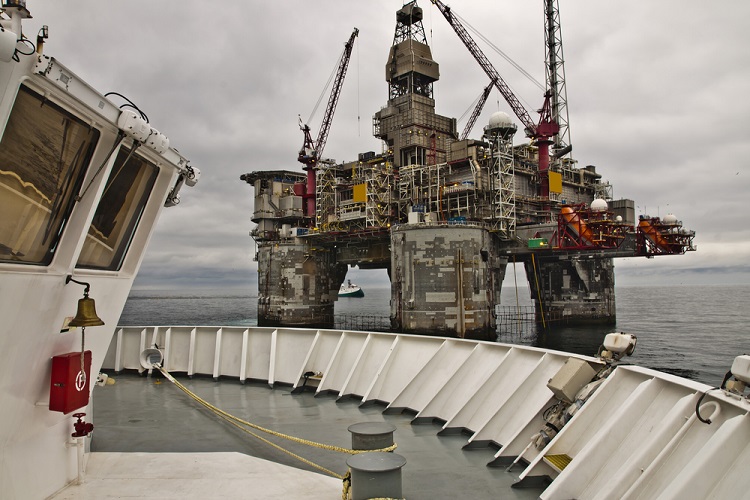
One of Ithaca Energy's offshore platforms in the North sea has become 100% powered by renewable energy. Ithaca’s Jacky installation is now fully powered by wind and solar energy. Jacky would now have relatively low emissions compared to larger assets in the North Sea. However, now more operators seek to reduce emissions through green energy and electrification of their platforms.

This Tuesday history will be made with the start of the machine assembly of the world's largest experimental fusion reactor at ITER facility in southern France. The event will be Live on Youtube in the presence of government officials from seven ITER members, including India. The launch demonstrates the willingness of 30,000 people of the 35 partner countries to join together in an enduring way in their common fight against climate change.
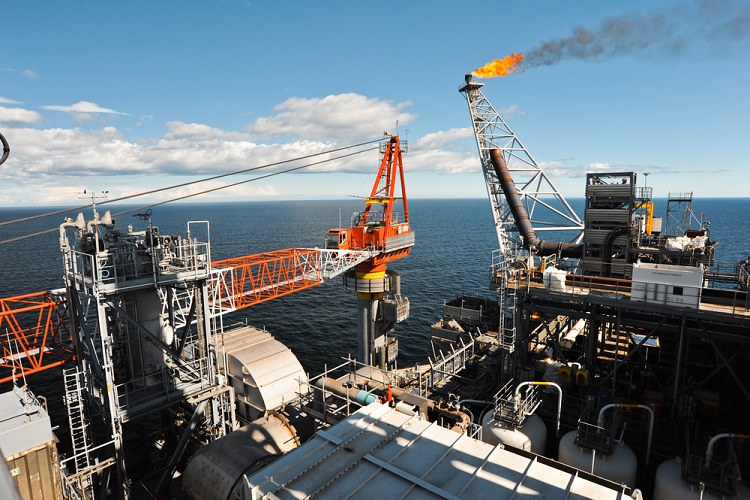
Global gas flaring increased to 150 billion m3 in 2019, the highest level in more than a decade, primarily due to increases in the United States, Venezuela and Russia. Gas flaring, in conflict-affected countries climbed from 2018 to 2019, in Syria by 35%, Venezuela by 16%, 23% in the United States, and 9% in Russia. However, it fell by 10% in the first quarter of 2020, with declines across most of the gas flaring countries.

Amidst rising pressure on the oil and gas industry's stance on climate change, the members of the Oil and Gas Climate Initiative (OGCI) have agreed to reduce the average carbon intensity of their aggregated upstream operations to ~20-21 kg of CO2e/boe by 2025. The OGCI includes BP, Chevron, Exxon and various other Oil & Gas giants which together account for over 30% of the world’s oil and gas production.

Donning face masks and abiding by social distancing guidelines because of the coronavirus pandemic, climate activists gathered at Royal Dutch Shell's headquarters in The Hague Tuesday during the oil giant's annual shareholders meeting to declare that "Shell must fall." Shell and its investors must now take responsibility," Greenpeace biologist Helena Spiritus told Reuters. "Shell has earned billions from oil exploitation, now these dirty investments must come to an end."

Equinor’s shareholders, dominated by the Norwegian government, rejected all climate resolutions proposed at their annual general meeting on Thursday. One of the resolutions was proposed by “Follow This”, a group that represents about 5,400 green-minded shareholders in oil and gas companies, called for adjusting Equinor’s climate targets in line with the 2005 Paris Agreement on global carbon dioxide (CO2) emission reductions. Their efforts rendered futile.

Following its rivals in the energy business, French energy major Total today revealed plans of cutting down carbon emissions, setting the aim of achieving net-zero emissions by 2050 or sooner. A statement from Chairman and CEO, Total read, “Energy markets are changing, driven by climate change, technology and societal expectations. Total is committed to helping solve the dual challenge of providing more energy with fewer emissions,”.
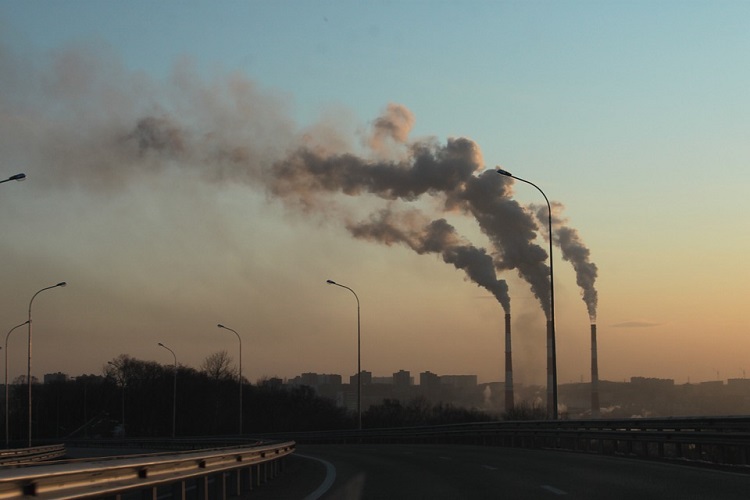
The International Energy Agency has expected global carbon dioxide (CO2) emissions to decline by 8% to 30.6 gigatonnes (Gt) this year, accomplishing levels last observed in 2010. The Global Energy Review 2020 has credited the sharp decline in emissions to the slump in energy demand during 1Q20. In perspective, the decline is estimated to be almost twice as large as all earlier declines since the end of World War II.

Norwegian accredited registrar, DNV GL has approved Aker Solutions' carbon capture and heat recovery technology as qualified, paving the path for a full-scale demonstration project in Norway to eliminate carbon emissions at a cement plant. The post-combustion technology developed by Aker intends at capturing and liquefying 400,000 tons per year of the released carbon dioxide at the Norcem plant.
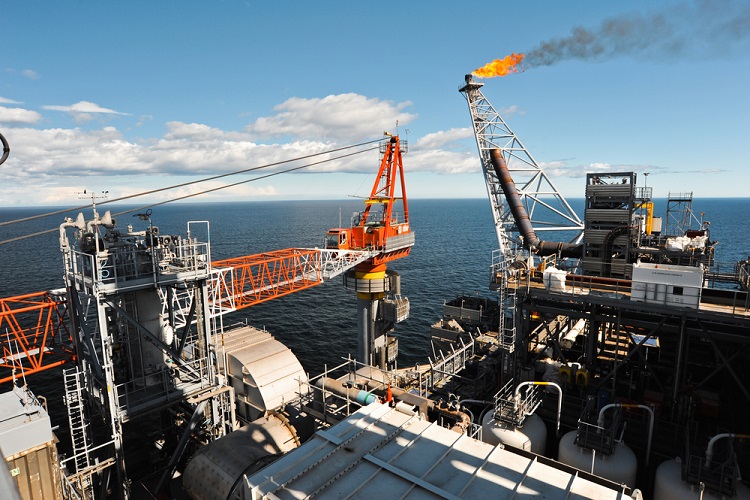
Oil supermajor, Royal Dutch Shell yesterday outlined one of the most extensive strategies yet in the oil and gas sector to drop greenhouse gas emissions to net-zero by 2050. As Shell plans to fully counterbalance carbon emissions from its own oil and gas production and the energy it uses by 2050, the company added that it will “pivot towards serving businesses and sectors that by 2050 are also net-zero emissions,”

In a welcome move, the UK government has announced major funding for multiple carbon capture schemes in its Budget for 2020. Although UK chancellor Rishi Sunak refrained from mentioning any new measures for North Sea oil and gas extraction, his first budget laid emphasis on environment-friendly investment. The UK Committee on Climate Change has proposed the country’s first carbon capture, utilisation and storage (CCUS) facility and it should be operational by 2026.